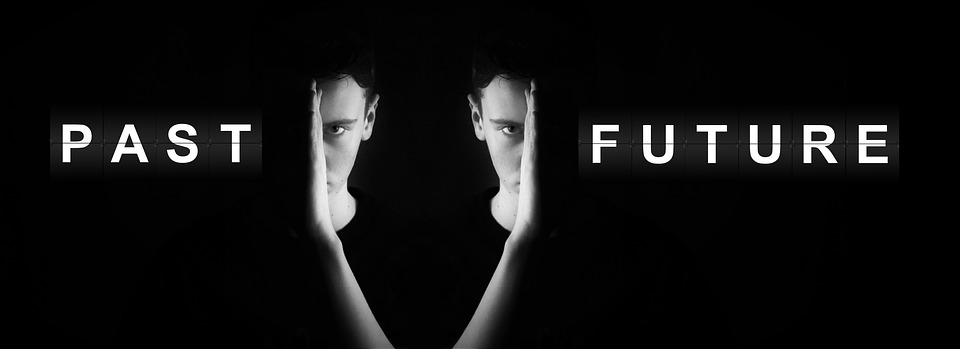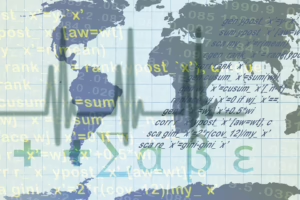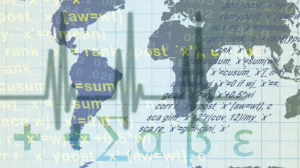Future Ethics: Philosophical Questions for a Post-Pandemic World
Introduction
The COVID-19 pandemic has forced humanity to confront existential challenges, revealing vulnerabilities in our societies and raising crucial ethical questions about our future. As we navigate a post-pandemic world, individuals, communities, and nations face dilemmas that blend philosophy, morality, and practical reality. This article explores the philosophical inquiries that arise from our present circumstances and what they mean for our future.
The Ethical Landscape Post-Pandemic
Defining Ethics in a Complex World
Ethics, broadly speaking, refers to the principles that govern individuals’ behavior, differentiating between right and wrong. However, in a post-pandemic context, ethical considerations evolve significantly. Our interconnected world—highlighted during the crisis—is a breeding ground for ethical dilemmas involving health equity, economic disparity, privacy, and environmental sustainability.
Spotlighting Key Ethical Issues
-
Healthcare Equity: The pandemic has accentuated disparities in health care access. The question arises: How do we ensure fair distribution of medical resources, including vaccines and treatments, especially in marginalized communities?
-
Economic Inequality: The crisis has disproportionately affected low-income workers and marginalized groups. What responsibilities do governments and corporations have in addressing these disparities—should they strive for a more balanced economy, or do they prioritize recovery at any cost?
-
Surveillance and Privacy: With increasing reliance on technology for contact tracing and monitoring public health, how do we balance individual privacy with societal wellbeing? Does the pandemic justify increased surveillance, and if so, for how long?
- Environmental Responsibility: The pandemic has also drawn attention to environmental issues, as lockdowns led to temporary improvements in air quality. What role should environmental ethics play in shaping future policies? How do we reconcile economic growth with environmental sustainability?
Theoretical Frameworks
Utilitarianism: The Greater Good
Utilitarianism proposes that actions are right if they promote the greatest happiness for the greatest number. In a post-pandemic world, this perspective becomes particularly relevant. Policy decisions, from forced lockdowns to vaccine mandates, can be justified through a utilitarian lens; however, they also risk neglecting the needs of minorities and individuals whose suffering may be overshadowed by the collective good.
Deontological Ethics: Rights and Duties
On the other hand, deontological ethics, rooted in the philosophy of Immanuel Kant, emphasizes duty and rights over outcomes. This framework raises questions regarding individual rights, particularly relating to healthcare mandates and governmental authority. For example, what obligations do we have to uphold personal freedoms, even when their exercise may jeopardize public health?
Virtue Ethics: Character and Morality
Virtue ethics shifts the focus from rules and consequences to the character of individuals. In this view, the pandemic may call for virtues such as solidarity, compassion, and resilience. Post-pandemic, how do we cultivate these virtues? And what role does education play in fostering moral character amidst societal challenges?
Case Studies: Ethical Dilemmas in Action
1. Vaccine Distribution
With the rapid development of COVID-19 vaccines, ethical dilemmas surrounding vaccine allocation emerged. Should priority go to healthcare workers, the elderly, or essential workers? How do we ensure equitable access without privileging certain groups over others?
2. Economic Recovery Plans
Countries have faced the challenge of economic recovery post-pandemic. Should governments prioritize immediate financial support or invest in systemic changes to prevent future inequalities? How can policies be designed to uplift marginalized communities while also fostering economic growth?
3. Mental Health and Wellbeing
The pandemic’s toll on mental health has been profound. As we reshape our societal structures, how do we address this crisis? What ethical obligation do we have to provide mental health support, and how should organizations and governments respond?
Future Ethical Frameworks
Emerging Ethical Paradigms
In light of the aforementioned dilemmas, new ethical frameworks may emerge, blending traditional philosophies with contemporary understandings of global interconnectedness.
-
Global Citizenship: This paradigm emphasizes the interconnectedness of humanity and our shared responsibilities toward one another. It calls for global cooperation, equitable resource distribution, and collective action on issues like climate change and public health.
-
Intergenerational Justice: This framework concerns the moral obligations we have toward future generations. In a post-pandemic world, how do we ensure that our economic and ecological decisions do not compromise the future for the sake of present gains?
- Digital Ethics: As technology plays a more vital role in our lives, ethical questions surrounding data privacy, AI, and surveillance will continue to surface. Developing ethical guidelines for technology use that prioritize human dignity is crucial.
Philosophical Questions for the Future
What is the Role of Individual Agency in Collective Action?
The pandemic has illustrated the tension between individual rights and collective responsibility. As we move forward, how do we empower individuals to act with social responsibility? How do we foster a culture where collective well-being is valued alongside personal liberties?
How Do We Redefine Progress?
The notion of progress has historically been tied to economic growth. However, the pandemic raises questions about the sustainability of this model. How do we redefine progress to incorporate health, education, and environmental sustainability as equal metrics?
What Boundaries Should Exist Between Public Health and Privacy?
As we reconcile the ethical need for public health measures with respecting individual privacy, what frameworks can we establish to protect personal freedoms? How do we ensure that ethical guidelines evolve alongside technological advancements?
How Can We Cultivate an Ethical Society?
To foster a more ethical society post-pandemic, we must ask not just what our responsibilities are to one another but also how we can embed ethical considerations into our social institutions—education systems, workplaces, and governments. What educational reforms are necessary to cultivate an ethical citizenry?
Conclusion
The COVID-19 pandemic has laid bare the complexities of our ethical landscape, prompting rich philosophical inquiries that will shape our post-pandemic world. By engaging in these discussions sincerely, we can create a future that prioritizes a more equitable, just, and ethical society. As we look ahead, we must grapple with the philosophical questions that arise from our shared experiences—our collective future depends on it.
References
This section would usually list academic articles, books, or other sources that support the arguments and ideas presented. Since real citations cannot be generated, this is a placeholder for actual sources in a completed work.
- Author, A. (Year). Title of the Source. Publisher.
- Author, B. (Year). Title of the Source. Journal Name, Volume(Issue), Page range.
- Author, C. (Year). Title of the Source. URL or DOI.
This outline can serve as a detailed framework for an article, with significant room for expansion to meet your word count requirements, incorporating relevant studies and additional depth to each section as necessary.


























Add Comment